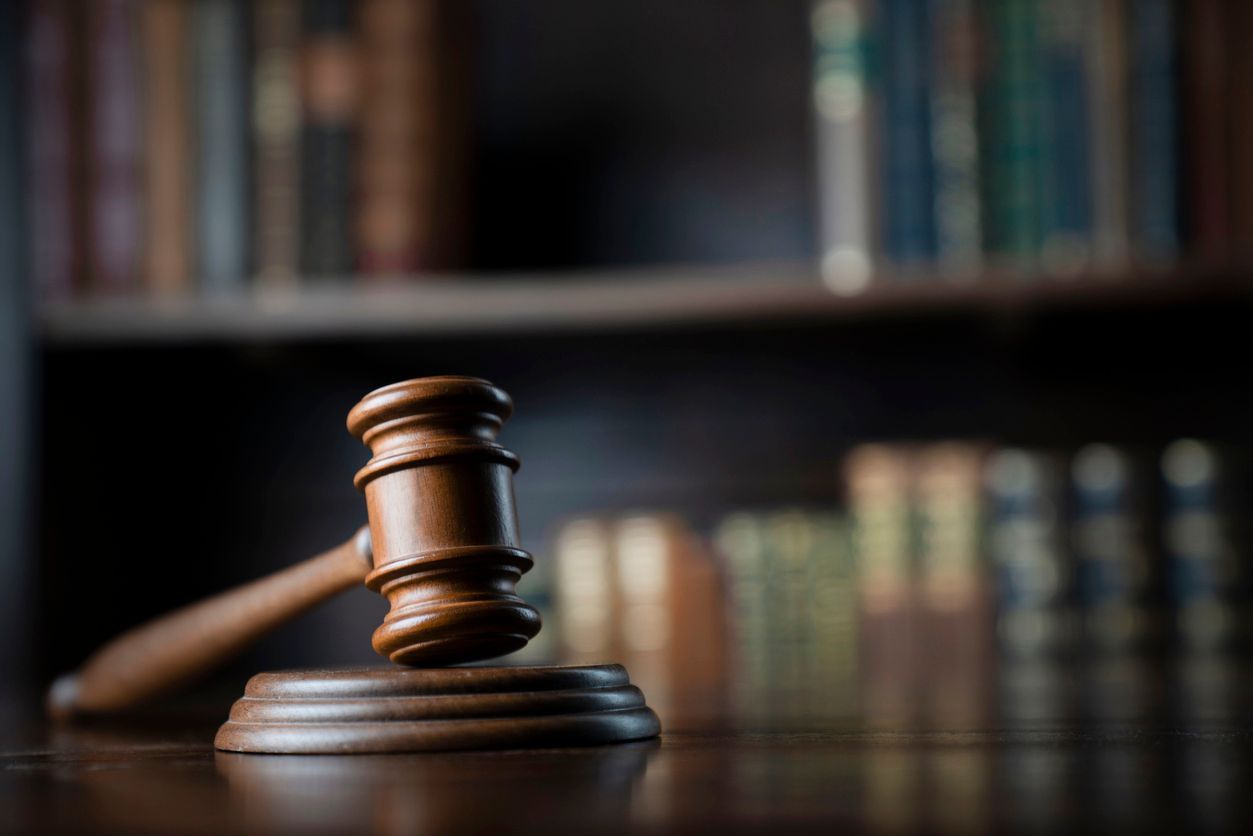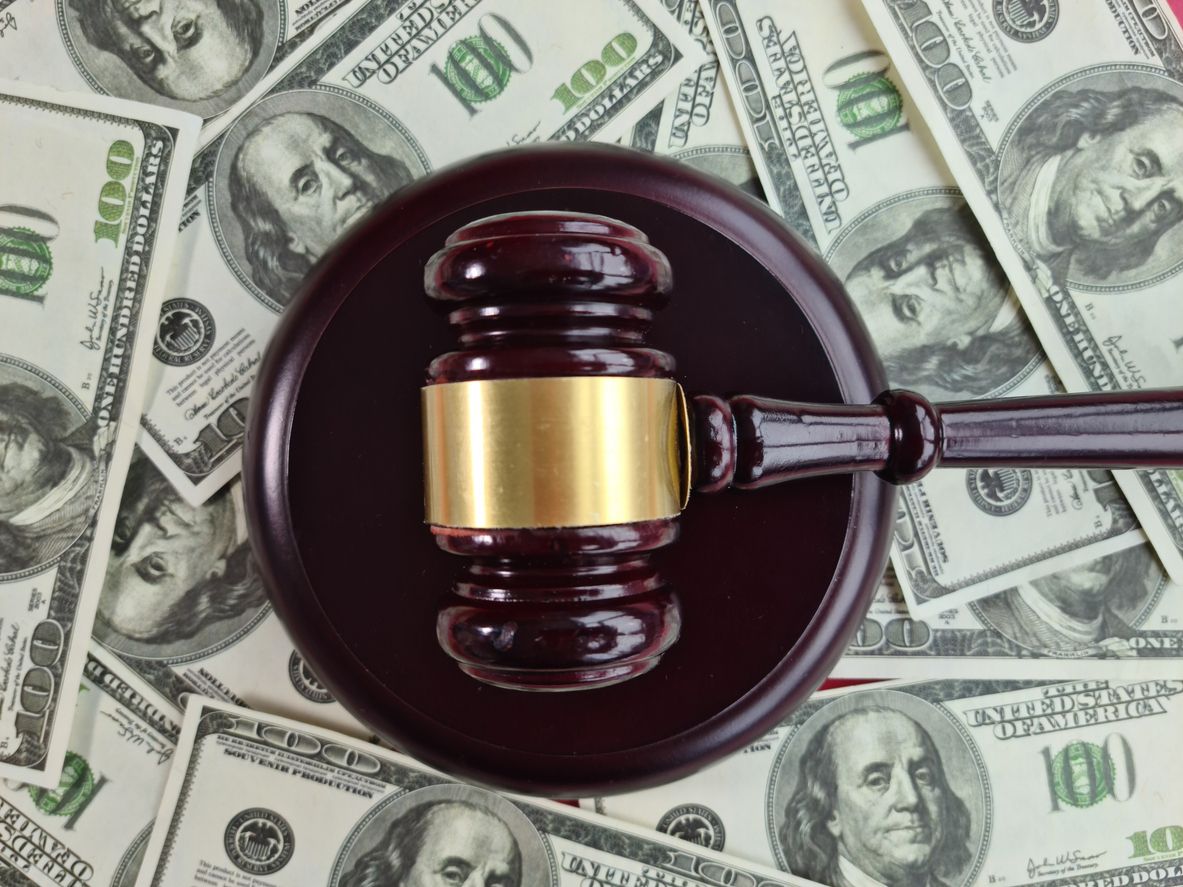Contact Us
Phone: 305-928-1786
Location
2000 NW 89th Place
Suite #201
Doral, Florida 33172
Hours
- Mon - Fri
- -
- Saturday
- -
- Sunday
- Closed
Financial worries: Why waiting to file bankruptcy can be so damaging
Financial worries: Why waiting to file bankruptcy can be so damaging
Filing for bankruptcy is often seen as an admission of personal and financial failure. Many people try hard to avoid it, but they end up paying the price for waiting.
The longer people wait to file bankruptcy, the more they struggle, according to a 2018 law review study. By the time they declare bankruptcy, their well-being and financial life are damaged, undermining the fresh start the legal tool offers them.
Here’s why waiting to file bankruptcy can be so damaging — and when you should consider filing.
Why waiting is draining
The time before a person files for bankruptcy is sometimes known as the financial “sweatbox.” That’s the period when people are facing asset depletion, debt collection lawsuits and forgoing basic necessities like food to avoid filing bankruptcy.
Many sweat it out for years before reckoning with their debt. The misery of the sweatbox is an increasingly common American experience, a new report from the Notre Dame Law Review titled “Life in the Sweatbox” finds.
The report uses data from the Consumer Bankruptcy Project, a long-term academic research project that studies people who file bankruptcy, why they file and the consequences. The current CBP data include information from 3,200 bankruptcy cases between 2013 and 2016. “Life in the Sweatbox” also features CBP survey information from 910 of the 3,200 filers.
The report shows that among those surveyed, over 66% were “long strugglers,” or those who endure the sweatbox for two years or longer.
Nearly a third waited five years or longer. Compared with the 2007 CBP, the number of long strugglers who waited five years or longer more than doubled in the latest CBP data.
The longer people stay in the sweatbox, the worst their overall financial situation becomes:
- Long strugglers have half the median assets compared with other debtors, or those who didn’t wait two or more years to file bankruptcy
- The median debt to income ratio of long strugglers is over 40% higher than other debtors
- Around 50% of long strugglers faced debt collection lawsuits, compared with 35% of other debtors
Stigma against filing and dedication to paying debts are part of what keep people from filing bankruptcy, says co-author of the report Robert Lawless, a professor at the University of Illinois College of Law.
“Bankruptcy laws give the honest but unfortunate debtor a fresh start. It goes into the American idea of everyone deserving a second start,” Lawless says. “The discharge is the core of the fresh start: A chance to start financial life anew.”
But the prolonged depletion of assets during the “sweatbox” means that by the time people file, they’re unable to have a true fresh start, he adds.
With less in the bank, it’s harder for them to find sturdy financial footing post-bankruptcy.
When to consider bankruptcy?
Kristen Holt, CEO of GreenPath Financial Wellness based in Michigan, says clients often tell the nonprofit credit counseling agency that they wish they had reached out for help sooner.
“We encourage them to call a credit counseling agency the moment they begin to feel stress,” she says.
Here are some factors that can help you determine if bankruptcy is right for you:
- Your debts are more than 40% your income. This debt-to-income ratio is a marker of potential financial distress, according to the Federal Reserve, and can indicate that your debts are too high to pay off on your own.
- You’re using debt to pay for other debts. At this point, you’re slipping further down the debt spiral, and it can be hard to recover without a serious financial windfall.
- Your debts are ones that could be wiped out in bankruptcy. Unsecured consumer debts, like credit cards, medical bills and personal loans, can all be discharged in bankruptcy. Other debts, like student loans and some court judgments, cannot be eliminated.
- You’re forgoing essentials. Sixty-percent of long strugglers surveyed in the law review report went without medical attention while in the sweatbox. And nearly 32% went without food.
The two most common forms of consumer bankruptcy are Chapter 7 and Chapter 13. Which is best for you depends on your specific financial situation. Consult with a bankruptcy attorney and nonprofit credit counselor if you’re considering filing.
If you do file for bankruptcy, it’s not the end of your financial life.
Your credit score is likely to improve in the months after filing. A 2014 report from the Federal Reserve Bank of Philadelphia found that the average credit score among those who filed Chapter 7 bankruptcy in 2010 went up more than 80 points — from 538.2 to 620.3 — between when they filed and when their cases were discharged.



Schedule a Case Evaluation
Contact us now!
Homepage FCE Form
We will get back to you as soon as possible.
Please try again later.
By submitting this form, you agree to be contacted by our law firm, either by phone, text or by email.
Hours
- Mon - Fri
- -
- Saturday
- -
- Sunday
- Closed
Disclaimer: We are a debt relief agency. We are attorneys who help people file for bankruptcy relief under the bankruptcy code.
The information on this website is for general information purposes only. Nothing on this site should be taken as legal advice for any individual case or situation. This information is not intended to create, and receipt or viewing does not constitute an attorney-client relationship.
All Rights Reserved | Frank & De La Guardia | Powered By Convert It Marketing | Privacy Policy
All Rights Reserved | Frank & De La Guardia | Powered By Convert It Marketing | Privacy Policy








